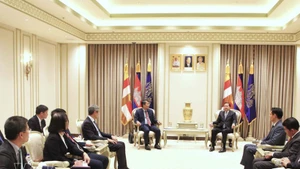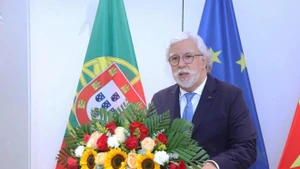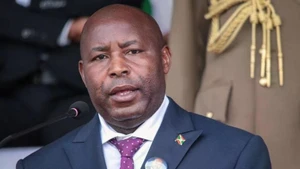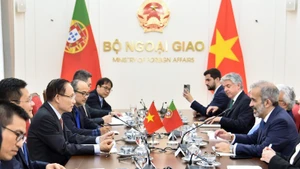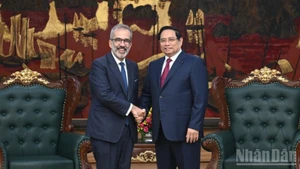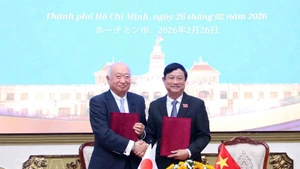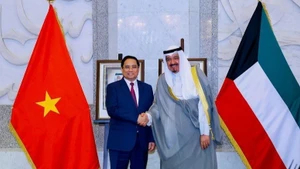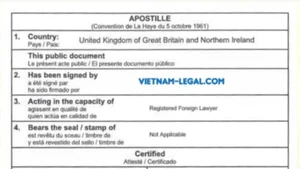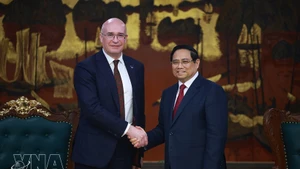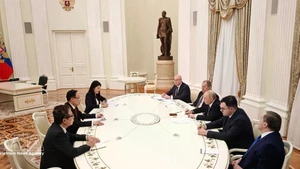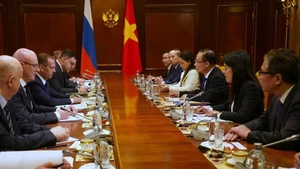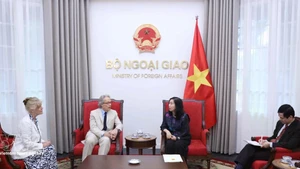The piece described this juncture as a “golden” opportunity for Viet Nam to build a prosperous, modern, and globally respected nation.
It began by highlighting Viet Nam’s remarkable journey since gaining independence 80 years ago and embarking on nearly four decades of reform under the Doi Moi (renewal) policy, initiated in 1986. These reforms have propelled Viet Nam through considerable challenges, fostering a resilient national spirit and laying a strong foundation in socio-economy, national defence-security, and foreign affairs. Now, the country is at a critical turning point, with the potential to achieve its vision of becoming a powerful, prosperous, civilised, and happy nation.
Viet Nam’s current advantages include political stability, consistent economic growth, and deeper integration into global value chains, the article noted.
A growing sense of national unity and trust in the Party, combined with Viet Nam’s rising global reputation, positions the country to capitalise on favourable domestic and international conditions. The global shift toward digital transformation and the fourth industrial revolution further amplifies these opportunities, offering Viet Nam a chance to accelerate its development and elevate its standing on the world stage.
The era of ascent, as described by Pasaxon, is more than a slogan, but a strategic commitment to sustainable development with the Vietnamese people at its core. The article stressed that this vision requires not just steady progress but bold, transformative achievements to establish Viet Nam as a modern, responsible nation capable of standing alongside the world’s leading countries.
To achieve these ambitions, the Vietnamese Party and State have laid out clear strategic directions, including strengthening Party leadership and rectification, reforming the political system, and ensuring robust governance and the Party’s absolute leadership across various areas.
On the world stage, Viet Nam is positioning itself as a responsible and innovative member of the international community. The country is actively engaging in global and regional forums, including the Association of Southeast Asian Nations (ASEAN), the Asia-Pacific Economic Cooperation (APEC), and the United Nations.
Vietnam has also committed to ambitious goals, such as achieving carbon neutrality by 2050 and advancing the UN Sustainable Development Goals. Through South-South cooperation, it supports developing countries and shares its expertise in post-war recovery and poverty reduction, while advocating for peace diplomacy, multilateralisation and diversification, and a world of stability, fairness, and mutual growth, it concluded.



